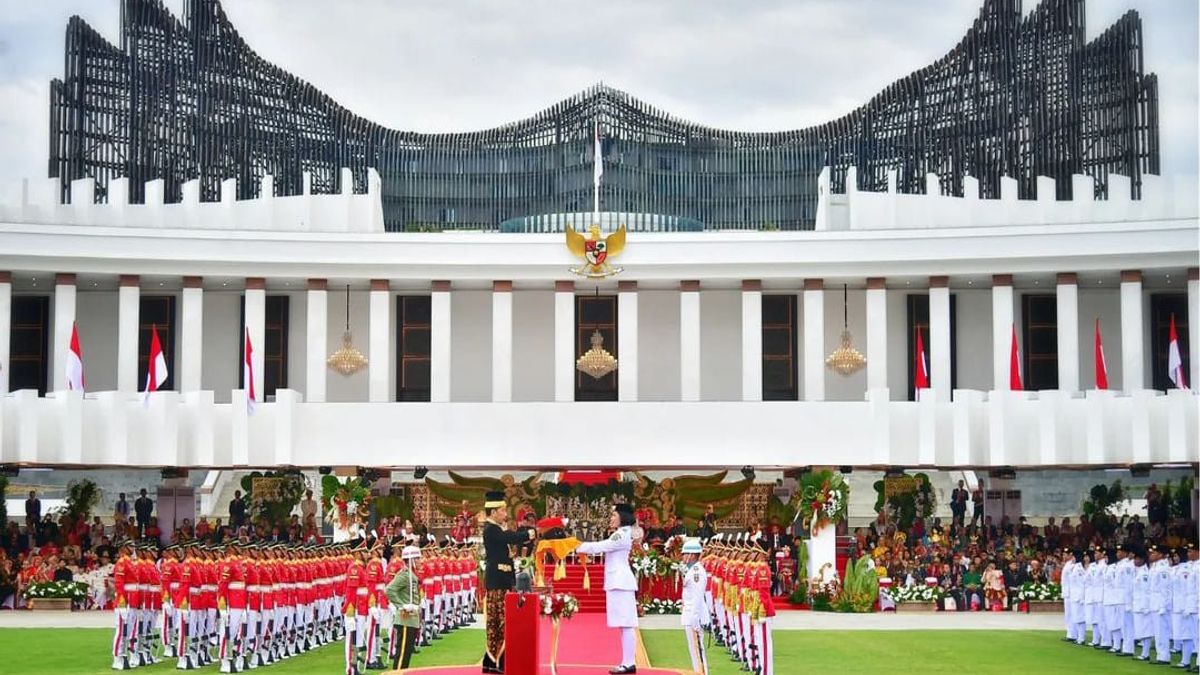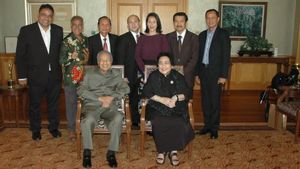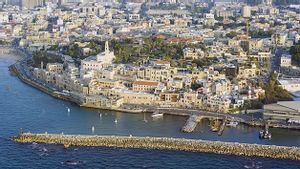Heavy rain poured down on the Indonesian Capital City (IKN) during the commemoration of the 79th Anniversary of the Republic of Indonesia. However, when President Jokowi led the flag-lowering ceremony, the rain stopped, as if nature was also honoring this historic moment. This year, for the first time, Indonesia's independence celebration was no longer held in Jakarta, but in the IKN, East Kalimantan.
The relocation of the center of power has a big reason. The IKN is a symbol of President Jokowi's ambition to build a center of government that is geographically even and environmentally aware. Through this step, Jokowi wants to convey the message of Indonesia's transformation into a more modern and sustainable country.
However, behind the glittering ceremony of the 79th Anniversary of the Republic of Indonesia at the IKN, not all parties welcomed it enthusiastically. Behind the media spotlight and the excitement of the celebration, harsh criticism emerged from various groups. The Kendeng farmer group, for example, felt that their living space was increasingly threatened by the massive infrastructure development in their area. For them, this independence celebration should embrace all the people, not ignore the fate of those affected by state projects.
Similar criticism came from members of the PKS Faction who highlighted national food security. At this moment of independence, they demanded the government to be more serious in realizing food independence. They considered dependence on food imports to be contrary to the spirit of Indonesian Independence 2024 which should focus on national sovereignty.
In addition, the large costs incurred to hold the 79th Anniversary of the Republic of Indonesia at the IKN were also in the spotlight. The budget of IDR 87 billion was considered too large, especially in the midst of an economic situation that is still struggling to recover from the pandemic. Many parties questioned whether such a large expenditure was comparable to the benefits felt by the wider community.
Nevertheless, the atmosphere of the celebration at the IKN was still lively. The presence of two athletes who won gold medals at the 2024 Paris Olympics, as well as important figures such as MPR Chairman Bambang Soesatyo and DPR Speaker Puan Maharani, added to the excitement of the event. Including a number of conglomerates who have been close to the Jokowi government. Puan emphasized that independence must be felt by all Indonesian people, not just a handful of elites.
However, the presence of several important figures became a separate discussion. The absence of the 5th President Megawati Soekarnoputri and the 6th President Susilo Bambang Yudhoyono (SBY) from this ceremony was a big question mark. Although President Jokowi tried to understand their absence, many considered the absence of these two figures to convey a message about the ongoing political dynamics.
The transfer of the 79th Indonesian Independence Day ceremony to the IKN clearly has a big impact, both symbolically and practically. Defense Minister Prabowo Subianto, who is also the president-elect, has confirmed that next year's ceremony will be held again at the IKN, emphasizing the government's commitment to making the IKN the new center of government.
Amidst all the euphoria of the celebration, these criticisms show the distance between the government's aspirations and the reality on the ground. While some people celebrate the symbol of independence in the new capital, others feel the opposite—disappointment and anxiety.
This celebration reflects two faces: one side displays optimism and new enthusiasm for a better Indonesia, while the other side shows concerns and protests from those who feel disadvantaged by this change.
The IKN may be a symbol of Indonesia's future, but in this moment of Indonesian Independence Day 2024, we are reminded that true independence is not just about a place or symbol, but how all the people, from Sabang to Merauke, truly feel it in every aspect of life.
The message of independence conveyed at the IKN should be unifying. The challenge for the government going forward is to ensure that the spirit carried by the IKN is not just an empty dream, but is realized in real prosperity for all Indonesian people.
The English, Chinese, Japanese, Arabic, and French versions are automatically generated by the AI. So there may still be inaccuracies in translating, please always see Indonesian as our main language. (system supported by DigitalSiber.id)













